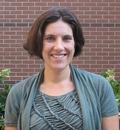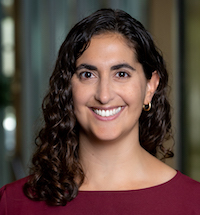Cited By
View all- Trajkovic JMartin-Hansen LBargagliotti AAlvarado CGuarino CAncayan JChorbajian JVi K(2024)Board 208: Breaking Through the Obstacles: Strategies and Support Helping Students Succeed in Computer Science2024 ASEE Annual Conference & Exposition Proceedings10.18260/1-2--46775Online publication date: Jun-2024




